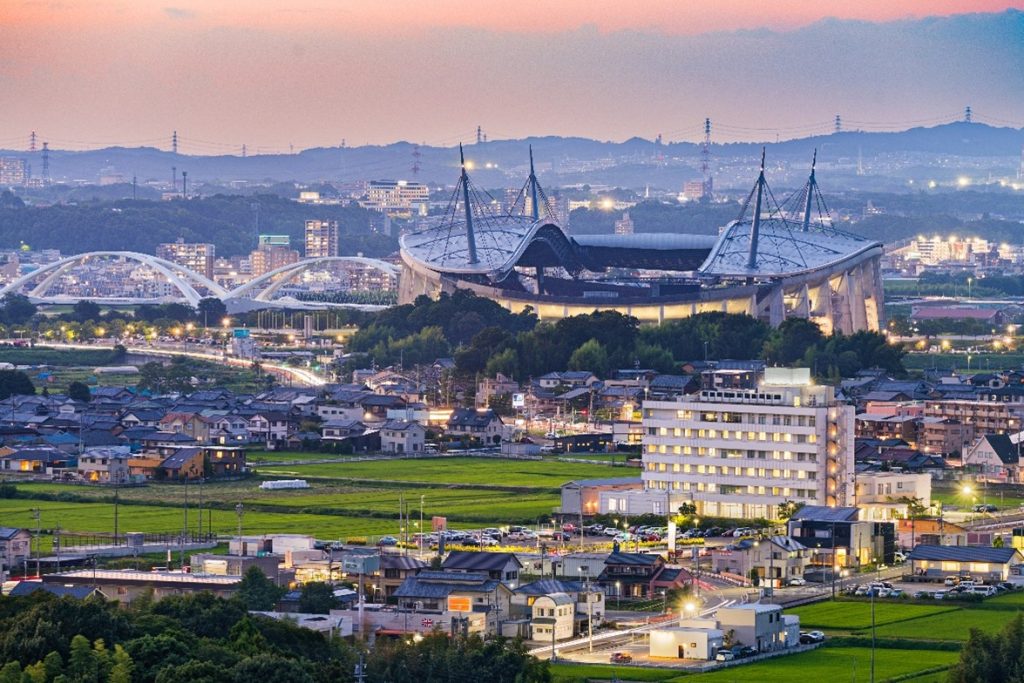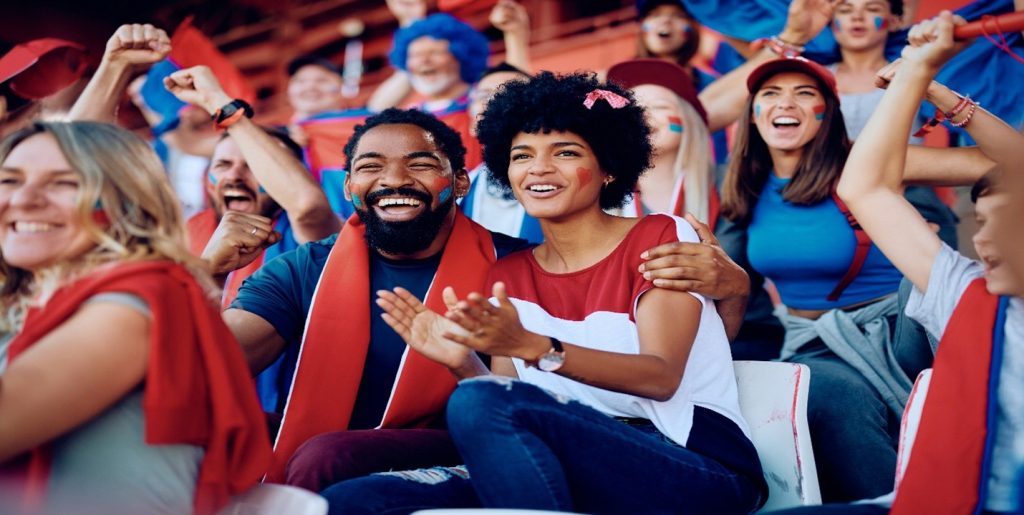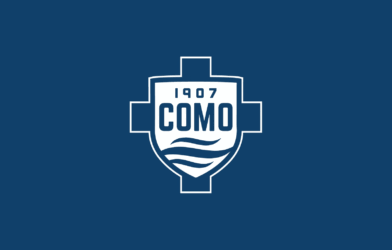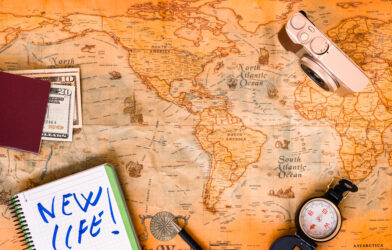Every four years, the Olympic Games captivate billions of viewers worldwide. Behind the sporting drama, however, lies a sophisticated business operation that has turned the Olympics into one of the most valuable events on the global stage. From broadcasting rights to multinational sponsorships, the Games generate revenue streams that extend far beyond ticket sales and host cities.
The Economics of the Games
Hosting the Olympics is a massive financial undertaking. Cities spend billions into stadiums, infrastructure, and security, often with mixed results. While some enjoy long-term benefits such as tourism and urban development, others are left with debt and underused facilities. The financial sustainability of hosting has become such a challenge that fewer cities are willing to bid for future Games.
For the International Olympic Committee (IOC), the real money lies in broadcasting. Media rights account for a large share of Olympic revenue, with networks paying billions for exclusive coverage. Those networks, in turn, sell premium advertising slots to brands eager to reach one of the largest live audiences in the world.

Sponsorship as the Gold Medal
If broadcasting is the backbone of Olympic revenue, sponsorships are the lifeblood. Through its “TOP” (The Olympic Partners) program, the IOC partners with a select group of global companies, including Coca-Cola, Visa, and Samsung. These deals cost hundreds of millions but give sponsors category exclusivity and unrivaled global exposure.
Local sponsorships add another layer, with national companies linking their brands to the pride of hosting. For both global and local partners, the Olympics offer more than visibility. They provide a platform to associate with ideals of excellence, unity, and resilience. Sponsorship campaigns extend beyond logos, featuring athlete endorsements, digital activations, and consumer promotions that aim to translate prestige into sales.
Why Businesses Invest
For companies, Olympic sponsorship is a rare opportunity. Few other events bring together billions of viewers across all demographics and markets. The association with Olympic values builds credibility, while the global stage ensures maximum visibility. For many sponsors, the payoff is not just immediate brand recognition but long-term loyalty and market access.
However, the cost of entry is steep. Only the largest corporations can afford to participate, raising questions about exclusivity and fairness. Criticism has also occurred when sponsors’ products, such as fast food or sugary drinks, seem at odds with the spirit of elite sport. Still, for most global brands, the benefits outweigh the risks.
Winners and Losers of Olympic Business
The Olympics create enormous value, but it is unevenly distributed. Global sponsors and the IOC consistently emerge as winners, securing prestige and financial rewards. For host cities, the picture is less clear. Some gain lasting infrastructure and visibility, while others face heavy debts and unused venues. Local businesses can enjoy short-term boosts during the Games but often struggle once the spotlight fades.

This divide underscores a reality: the Olympics are not only a celebration of sport but also a showcase of global commerce. For corporations, Olympic sponsorship is a gold medal in marketing. For cities and citizens, the legacy depends on whether the spectacle delivers more than just two weeks of attention.














